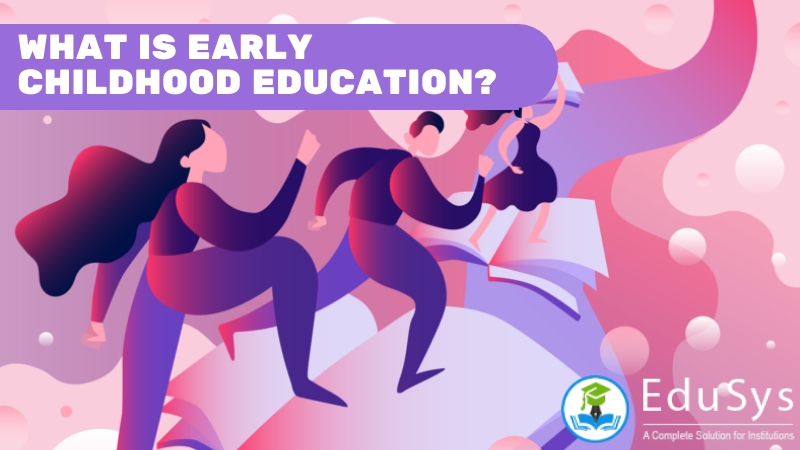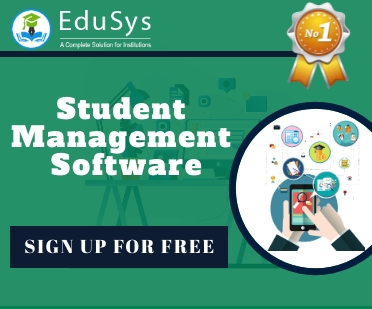What is Early Childhood Education? Disadvantages & Advantages

Early childhood education (ECE), sometimes referred to as nursery education, is an educational program that serves youngsters, generally between the ages of 3 to 8, by deepening the roots of love for learning in kids thus, preparing them to become more comfortable for the future primary and secondary level of education. It likewise encourages teachers to plan entertaining programs, curriculum models and activates for sustainable and healthy development of the children.
The purpose of early childhood education is to motivate educators and teachers to come-up with game-changing learning activity ideas, exercises, lesson plans, and initiatives that help in the intellectual, physical, mental, social and enthusiastic development of kids in pre-primary and nursery classes before they enter primary schools.
Today, the advancements in technology and computers provide the early childhood education centres, such as playschools, pre-kindergarten and preschools, innovative tools to teach and create programs, manage multiple-franchises and students and, design fun classroom activities that keep kids interested in academics.
Disadvantages of Early Childhood Education
The drawbacks and disadvantages of introducing kids to early childhood education are:
- The technology implemented to teach can sometimes mislead and misguide kids
- Few educational institutions maintain the student to teacher ratio inappropriately, which restricts development
- Lack of proper curriculum, student management strategies and syllabus effects kids
- Absence of right teaching and learning methods in early childhood education centres show negative side effects
Advantages of Early Childhood Education
The benefits and advantages of early childhood education in kids are enormous. According to the statistics, a kid enrolled into preschool tends to show exceptional merits and performance with regards to socialization and academics in nursery and later classes. The child subsequently comprehends the significance and value of teamwork, expressing ideas, friends, sharing, cooperation and other positive abilities.
- Early Childhood education makes children independent and technically competent
- Enhances good physical and mental development of kids
- Introduces young minds to newer innovative learning methods like LMS
- Improves social behavioural and interactions skills
- Enhances better communication between teachers and children
- Early childhood education methods degree motivate teachers to teach better by implementing latest teaching techniques
- Channels brain development of kids in a right manner
- Attend to the needs of children individually
- Children enrolled in early education programs tend to have higher IQ scores than kids enrolled directly into kindergarten without formal education
 07 Jul 2020
07 Jul 2020


